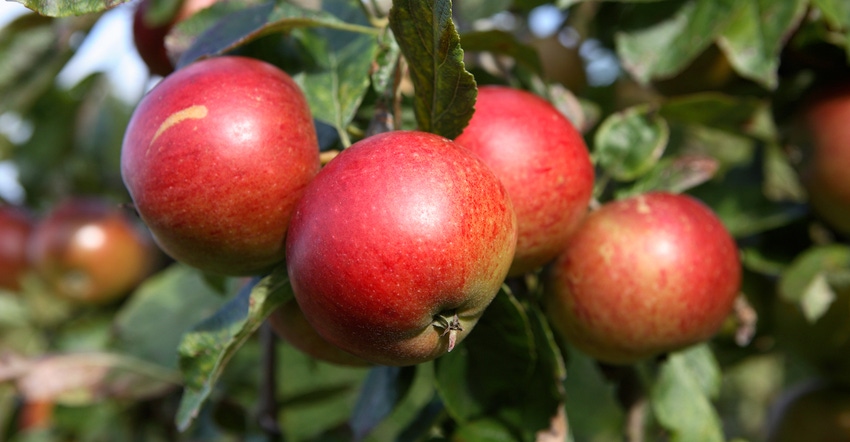July 1, 2020

There’s a growing trend toward the use of biological, or natural, compounds to control pests and diseases in agriculture, but for many farmers that's a leap too far to make. A new hybrid compound from STK Bio-Ag Technologies may help bridge the gap between synthetic and natural.
“Conventional farmers use only conventional tools, and many are afraid to use biological products because of the perception [of their performance],” says Shay Shaanan, vice president of business development, and research and development, for STK Bio-Ag.
The answer from STK Bio-Ag is REGEV, which contains not only difenoconazole, but also tea tree oil, in a synthetic-biological combination Shaanan says should be more acceptable to farmers who haven’t tried biologicals. “This is very effective when compared to a synthetic solution, while reducing the chemical load,” he says. "We call it a ‘bridge,’ because after this experience, farmers will be willing to try more biological products.”
And he’s seen that happen in 14 other countries where REGEV has been launched so far.
But what is tea tree oil, and how did it end up in a fungicide premix? A simple Google search will show that the oil is popular for use as an alternative for treating injuries, because it kills germs. The oil itself is derived from the Melaleuca alternifolia plant found in Australia. It’s usually refined in small batches and has been used by aboriginal peoples of Australia for centuries to treat everything from coughs due to cold, to applying it to skin to aid healing. Shaanan notes the Australian army used the oil as a first aid tool to prevent infection.
More than 15 years ago, the original founder of STK Bio-Ag saw potential in broader use of the oil in crop protection, but no one had refined it at those quantities before. “The founder fell in love with the idea and invested in this dream,” Shaanan says.
Complex biological chemical
Many times when a farmer hears about a biological product, it’s a microorganism or bacteria with a specific purpose — and they can sometimes fail. Tea tree oil isn’t a living product, though it is natural. Instead, Shaanan explains that it’s a complex product, and in its composition are many modes of action against fungus and bacteria.
This is the leg-up it gives difenoconazole, which has been in use as a crop fungicide for many years. “Tea tree oil is a contact fungicide with a curative effect on the fungus, but part of the molecules also induce the plant’s own immune system. The plant acts like it’s reacting to a vaccine, and that can help protect the plant from the fungus, bacteria and other biotic stresses,” Shaanan says.
He adds that mixing tea tree oil with the conventional fungicide gives the final product a more effective result, and can increase the efficacy of the difenoconazole.
Initially, this product is heading to specialty crops, including apples, for treatment of apple scab. It can also be used with pecans and almonds to treat scab. “We have a very long list of plants we’re targeting from vegetables to row crops like soybeans. This is a very flexible solution on many crops against several diseases; it’s not the usual fungicide,” he says.
Whether a hybrid fungicide with a natural component will take off with conventional farmers remains to be seen. REGEV is labeled for use in the United States and distributed by Summit-Agro USA. You can learn more at stk-ag.com.
About the Author(s)
You May Also Like






